7 Significant Social Changes In India In 2018
May 14, 2019 • 83 views
2018 has been somewhat a troublesome year, with many political ups and downs and significant judgments passed by Supreme Court. However, the seven social changes that 2018 gave India are:
1. SUPREME COURT SCRAPS SECTION 377
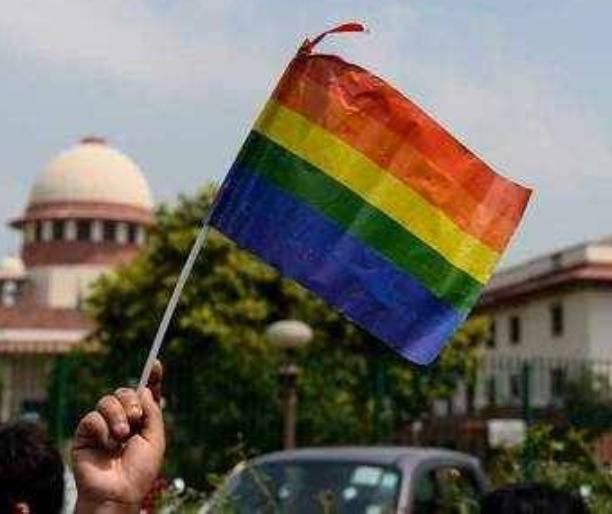
Delivering a historic verdict, a five-judge constitution bench of the Supreme Court on September 6, 2018, partially struck down section 377 of the IPC that penalized consensual gay sex between adults. It health that any discrimination on the basis of sexual orientation violates fundamental rights. The verdict was on petitions moved by dancer Navtej Johar, journalist Sunil Mehra, chef Ritu Dalmia, hoteliers Aman Nath and Keshav Suri and business executive Ayesha Kapur. The 5 judge bench which delivered the verdict was headed by Chief Justice of India Deepak Mishra and comprised Justices RF Nariman, AM Khanwilkar, DY Chandrachud, and Indu Malhotra.
2. TRIPLE TALAQ ORDINANCE CLEARED

On September 19, 2018, the Union cabinet signed off on an ordinance to make instant triple talaq a criminal offense. It also received president Ram Nath kovind's nod on the same day. The approval for enacting the law by an executive order came almost ten months after the NDA government first moved the bill in the parliament. Instant triple talaq is an Islamic practice that allows men to divorce their wives immediately by uttering the word 'talaq' thrice. It was declared unconstitutional by the supreme court in August 2017. Under the ordinance, giving instant triple talaq will attract a jail term of three years for the husband.
3. WOMEN SAFETY DIVISION
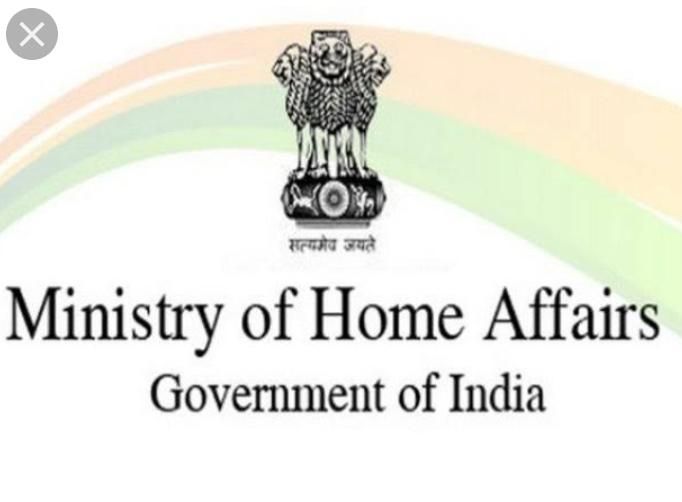
In an effort to deal with the issue of women's safety comprehensively, the ministry of home affairs set up at a separate ' Women Safety Division' in May 2018. It deals with subjects including crimes against women, SC's and ST's, children and elderly persons, matters relating to prison legislation and prison reforms, all schemes under NIRBHAYA fund, crime and criminal tracking and network system(CCTNS) and the National Crime Records Bureau(NCRB). The division focuses to enhance the capacity of existing administrative investigative, prosecution and judicial machinery, along with taking appropriate measures for the rehabilitation of victims. Senior IAS officer Punya Salila Srivastava is the joint secretary of the division.
4. KHAP INTERFERENCE DECLARED ILLEGAL
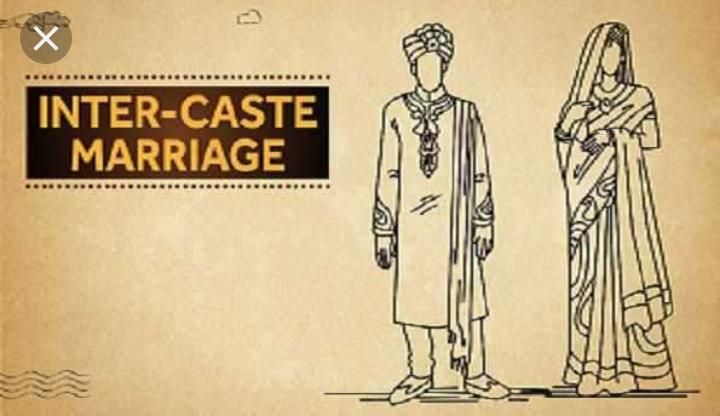
In a major relief two inter-faith/ inter-caste couples who often face threat to lives due to their relationship, the supreme court, on March 27, 2018, banned all kinds of interference by illegal assemblies like 'khap panchayats' into marriages, are terming them as absolutely illegal. The court observes that when two consenting adults get married irrespective of their background, no third person can interfere or unleash violence against them. A bench of Chief Justice Deepak Mishra and Justices A M Khanwilkar and DY Chandrachud also laid down guidelines to prevent such interferences. The ruling came on a plea by NGO Shakti Vahini, which in 2010 moved the apex court seeking the protection of couples from honor killings.
5. HIV/AIDS ACT, 2017 COMES INTO FORCE
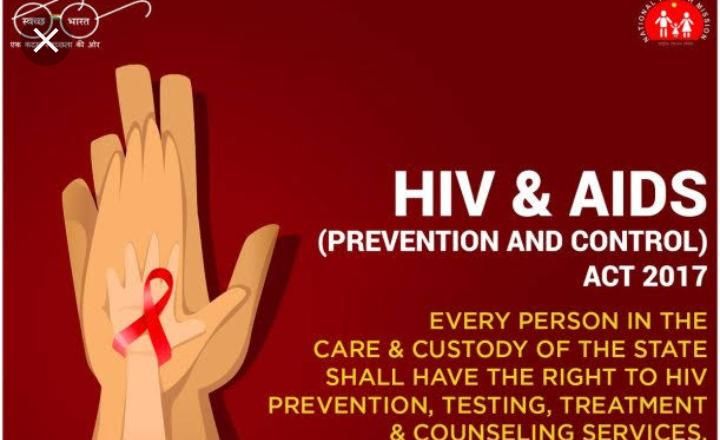
With an aim to safeguard the rights of people living with and affected by HIV, the Human Immunodeficiency Virus and Acquired Immune Deficiency Syndrome (prevention and control) Act, 2017 came into force on September 10, 2018. The provisions of the act address HIV -related discrimination, strengthen the existing program by bringing in legal accountability and establish formal mechanisms for inquiring into complaints and redressing grievances.TheAct seeks to prevent and control the spread of HIV and AIDS and prohibits discrimination against affected persons. It lists various grounds on which discrimination is prohibited. These include the denial, termination with regard to employment, educational establishments, healthcare services, etc.
6. INDIA'S FIRST ALL- WOMEN SWAT TEAM
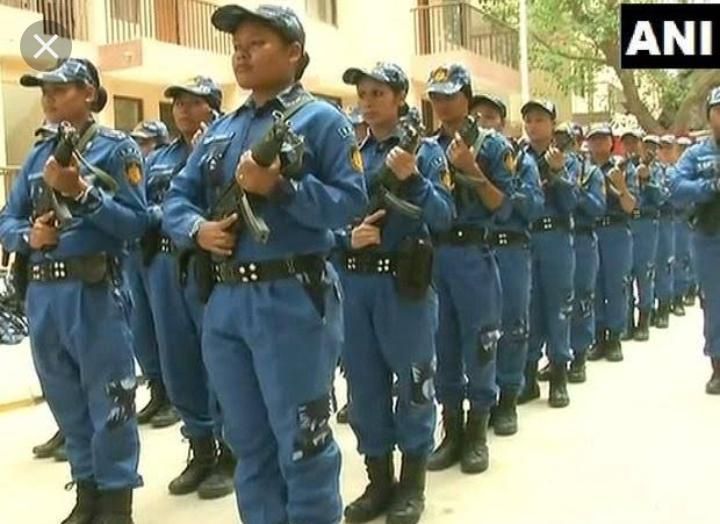
In August 2018, the Delhi police inducted India's first all-women Special Weapons and Tactics(SWAT) team for Anti-terrorist operations. They provide security cover to the historic Red Fort on the independence day. The squad consisted of 36 women commandos from the Northeastern states- 13 members are from Assam and the rest from Arunachal Pradesh, Sikkim, and Manipur. They were trained in the Israeli combat style Krav Maga and equipped with MP5 submachine guns and Glock 21 pistols.
7. SEPTEMBER: THE MONTH OF NUTRITION
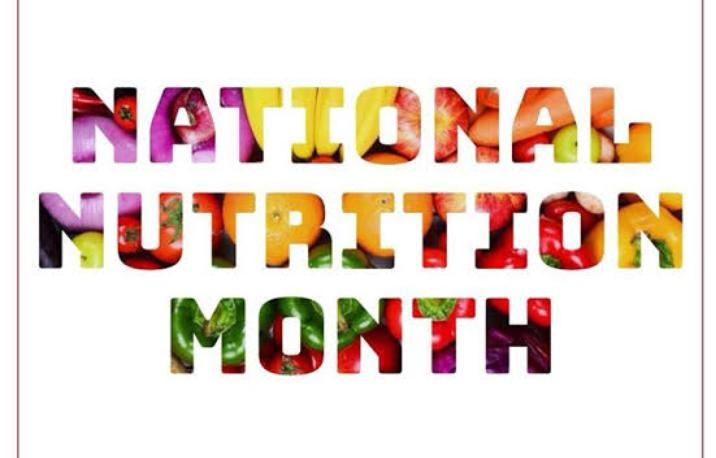
The ministry of women and child development decided to celebrate September as the National nutrition month every year to mark the country's fight against malnutrition. The focus of the program is on adolescent girls, pregnant women and lactating mothers, to eliminate the deficiencies prevailing in the health sector. Eight teams were identified by experts to achieve improvement in nutritional status- optimal breastfeeding, growth monitoring, hygiene and sanitation, food fortification and girls education, diet, and marriage at the right age, etc. The decision was taken during the second meeting of the National Council on India's nutrition challenges under the Poshan Abhiyan.
